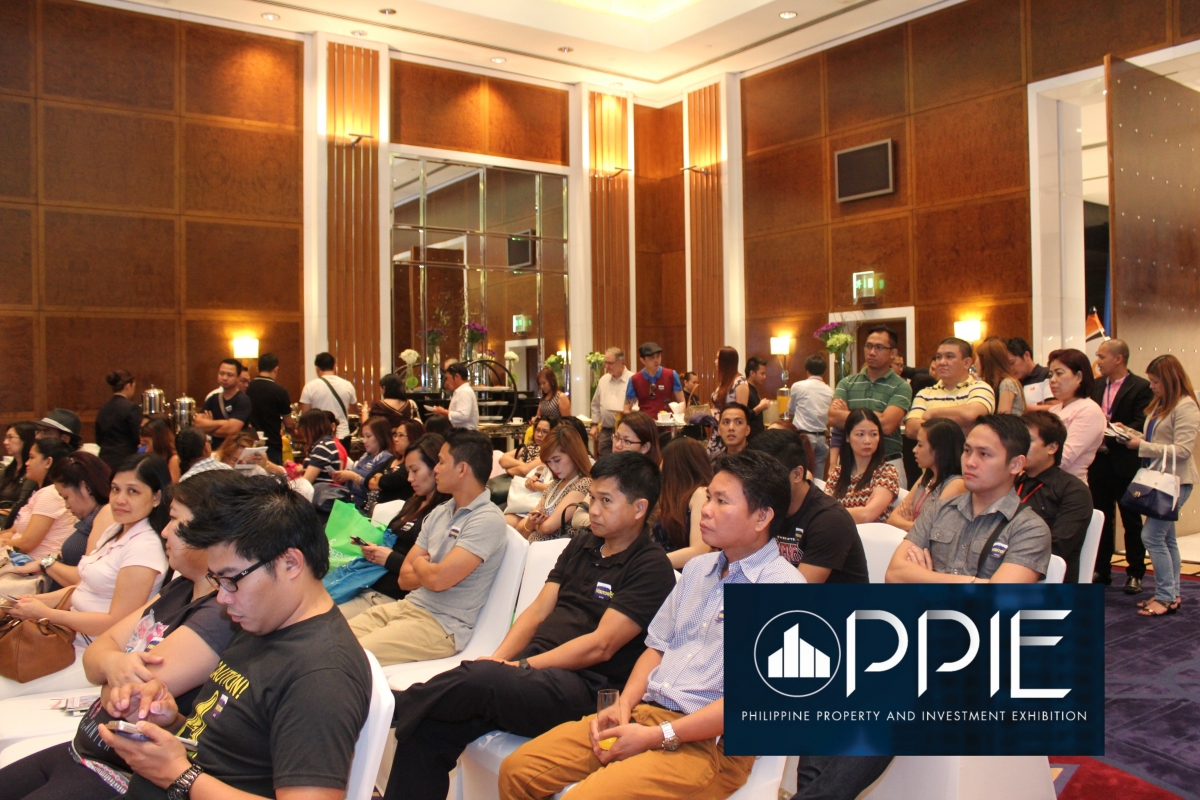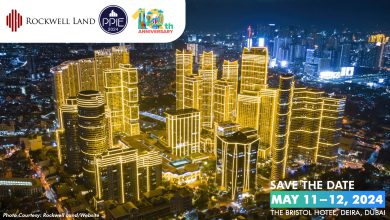DUBAI: Filipinos across the UAE are excited about the much-awaited 7th edition of the Philippine Property and Investment Exhibition (PPIE) happening April 26 and 27 where major property developers from the Philippines will be huddled under one roof, rolling out best deals for what could yet be every OFW’s dream come true.
Over the years, PPIE has been a trusted name in property-related events happening in the UAE, having helped thousands of OFWs make a sound investment for their and their family’s future.
The previous editions of PPIE made a history in the UAE and in the region by bringing in more than 15,000 quality visitors.
This event has been continuously attended by the leading most reputable property developers; banks; insurance companies; government-backed financial, investment & savings institutions; money remittance centers; and service providers.
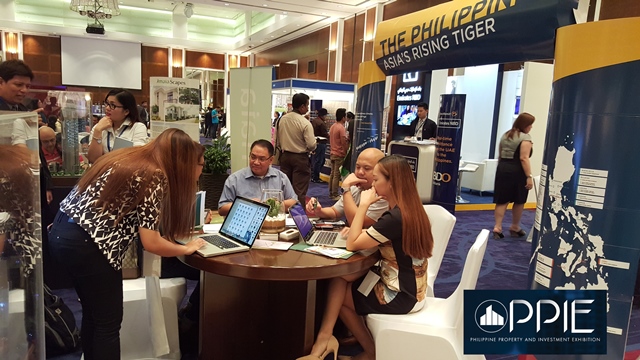
PPIE will once again score another world-class success and provide return on investment to participants and unparalleled experience to its visitors.
It would be noted that an average overseas Filipino worker (OFW) in the UAE allocates between 10% and 35% of his monthly salary for a property investment.
Vince Lubrin, International Property Specialist/Licensed Real Estate Broker at SMDC Residences, said their OFW clients set aside 10% to 20% of their monthly pay check for their property investment.

Lubrin said it’s a lot easier nowadays to invest in real property because developers offer installment investment terms especially for those interested to sign in during the pre-selling stage where, he explained, monthly payment is in the range of Php10,000 to Php20,000 (Dh710 to Dh1,400). Doing the math, this would mean some Dh800 for someone making Dh4,000.
“Kayang kaya talaga. Kung ibe-breakdown mo pa yan ay Dh26 lang per day.. so the key here is financial discipline at delayed gratification in order for you to start investing,” Lubrin said.
For his part, Miguel Bilan, Sta. Lucia Realty international sales and operations manager said their clients spend about 22% of their monthly income on their real property investment.

“Karamihan dito sa amin, yung average na binabayad sa monthly ranges between Php15,000 and Php17,000 a month. That’s Dh1,100 a month or Dh36 a day. So, that’s about 22% of a monthly salary of Dh5,000,” said Bilan.
“Maliit na bagay lang iyan in a day kung talagang you’d do it religiously,” Bilan added.
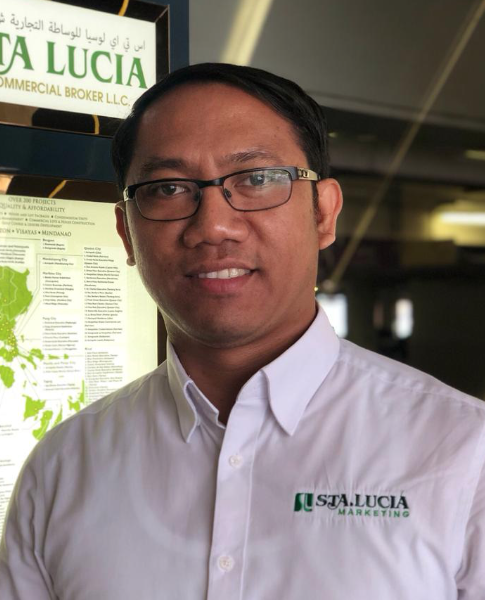
(Most of our OFW clients pay an average monthly in the range of between Php15,000 and Php17,000 a month. It’s a small amount in a day if one would really do it religiously.)
Lubrin said OFWs investing in real property for the first time source their payments from their salaries, which can be challenging but only in terms of cutting down on unnecessary expenses.
“But those who have invested in real estate property or condominium before, when they get another one, they get their payments from passive income generated from the previous investments,” Lubrin said.
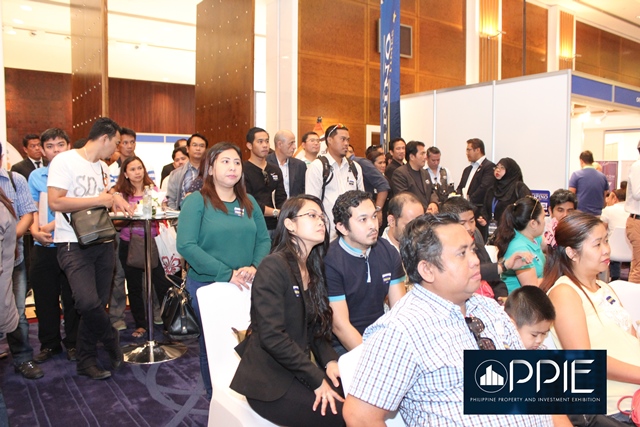
Prioritize investment
Meantime, Lubrin said regular remittance to loved ones back home should not be made an excuse for missing out on investing in real property.
“Yung mga OFWs naman na may regular na remittance sa pamilya sa Pilipinas, ang key dun para makapag-start ng investment, is kailangan talaga matutong magtipid,” he said.
“Sabi nga, kung ang kumot ay maiksi, matutong mamumuluktot kasi for example for Dh4000 salary every month, sabihin na lang na yung gastos mo sa bahay at pagkain ay nasa Dh2,000, at padala mo sa Pilipinas ay Dh1000, so meron ka pang Dh1000 for investment,
(The key for those regularly sending money to the Philippines is to learn to be prudent. For instance, someone making Dh4,000 a month and spending up to Dh2,000 on food and accommodation, not to mention the Dh1,000 monthly remittance, would still have Dh1,000 to use as investment.)
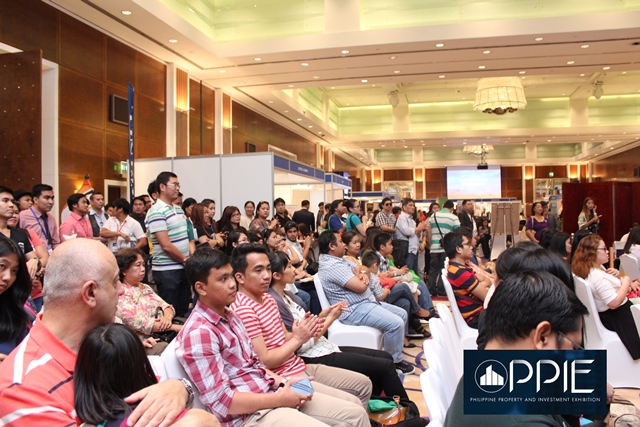
He said OFWs routinely sending money home should do a lifestyle check. “Some OFWs use their remittances as alibi for not investing; check their lifestyle and you’d see they are spending more than what they make,” Lubrin said.
Factors
For his part, financial literacy advocate, Arman Vengco Felipe, said different factors come into play when investing in real property.
“It depends on the situation – to be considered are the OFW’s status, income and liabilities,” Felipe said.

Felipe, who said he appropriates 35% of his monthly salary for his real property investment said OFWs should also seriously try learning the ropes, especially after the turnover phase where they start paying the bank for amortization.
Some developers offer a package where they also manage the property and have it rented provided they get a certain percent of the income – at least 20%.
Passive income
The Filipino Times conducted a straw poll of about 2,500 OFWs across UAE, where 76% said they prefer a condominium unit for business purposes and a house and lot away from the cities for their retirement.
Some 50 percent of this number said they actually already have started the ball rolling with at least one or two condos already acquired and in the process of amortization.
“Siyempre, pagkakitaan muna habang malakas pa tayo at may trabaho,” said Ezequiel Carimo, who has been in Dubai working blue collar jobs since 2007.
Units in their pre-selling stage are a lot less expensive as actual construction has not started, which is why, OFWs who have mastered the ropes of the trade, advise strongly that those signing on this arrangement thoroughly check the developer’s background and integrity.
